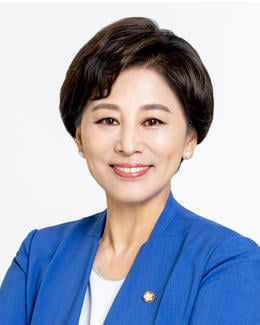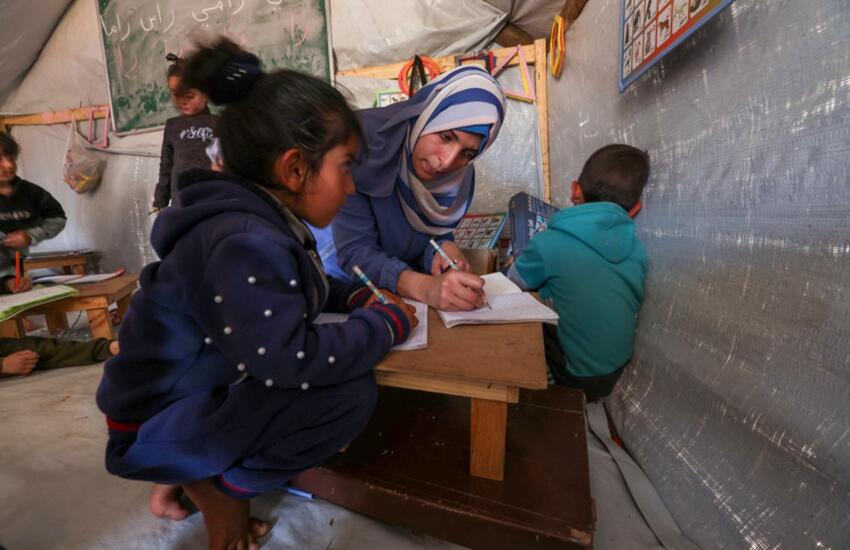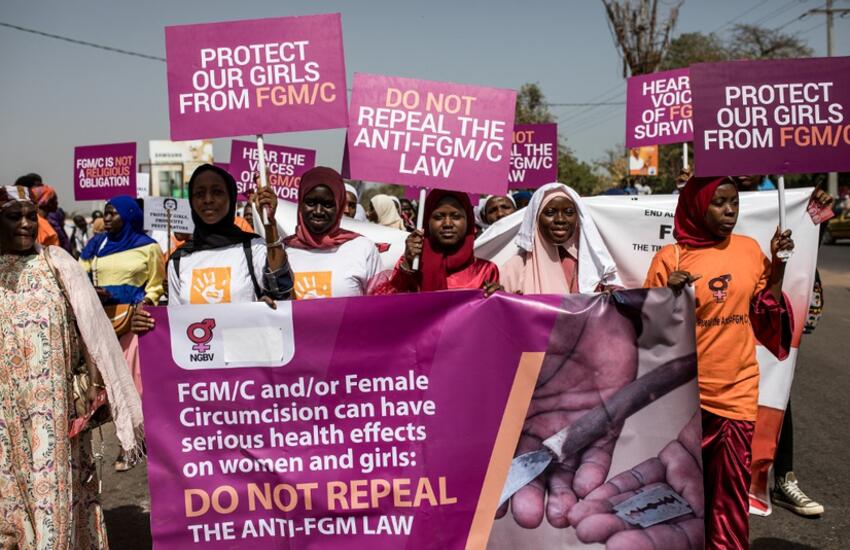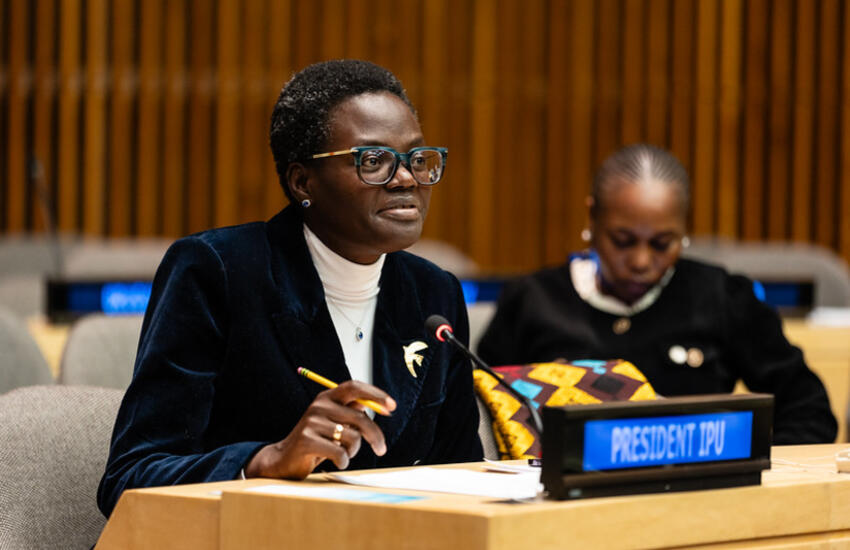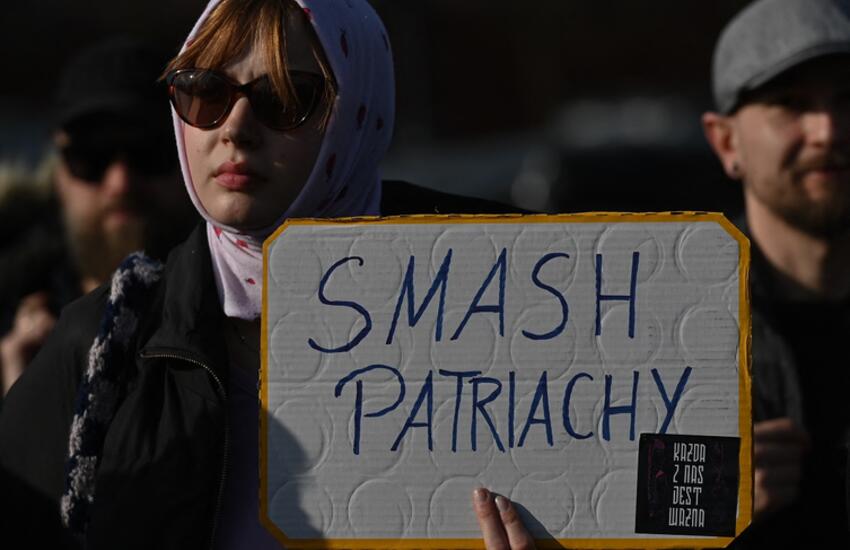Voices is part of an IPU web series in which we interview parliamentarians from around the world. The views and opinions they express are their own and do not necessarily reflect the IPU’s position.
Nam In-soon is a member of parliament and served as the chair of the Gender Equality and Family Committee of the National Assembly of the Republic of Korea. We interviewed her about how the Korean National Assembly is involved in the implementation of the Convention on the Elimination of all Forms of Discrimination against Women (CEDAW).
How is the Parliament of the Republic of Korea engaging with CEDAW?
Since the Republic of Korea acceded to CEDAW in December 1984, the Government has submitted eight country reports for consideration by the CEDAW Committee. Also in that time, the National Assembly’s Gender Equality and Family Committee set up a subcommittee to monitor the implementation of CEDAW and evaluate the Government’s implementation of recommendations made by the CEDAW Committee.
The Framework Act on Gender Equality, passed in May 2014, gave the National Assembly a key role; the Government is required to submit its CEDAW report to the National Assembly before it goes to the CEDAW Committee. The Act also stipulates that the Gender Equality Council – under the Prime Minister – should deliberate and coordinate matters on the implementation of CEDAW. This forms the basis for any subsequent implementation by all the relevant government bodies, including the Ministry of Gender Equality and Family.
How can the Parliament improve CEDAW implementation?
Although the Korean National Assembly generally does sterling work implementing the recommendations of international bodies, there is room for improvement. Currently, CEDAW country reports are submitted only to the Gender Equality and Family Committee. As the recommendations of the CEDAW Committee are cross-cutting and also fall under the jurisdiction of other parliamentary committees, we need to create an institutional mechanism that allows all the relevant parliamentary committees to review country reports. This could be done by establishing an advisory council under the Office of the Speaker. The council could oversee a review process involving a number of parliamentary committees. We also need to discuss ways of expediting the consideration and passage of bills implementing the CEDAW Committee’s recommendations.
Why is it important to share your Parliament’s experience?
I believe that the Korean National Assembly’s work on implementing CEDAW is worth sharing with other parliaments as a case of strong parliamentary engagement on human rights. I hope this is a first step in sharing best practices in other areas of parliamentary affairs with the international community.





